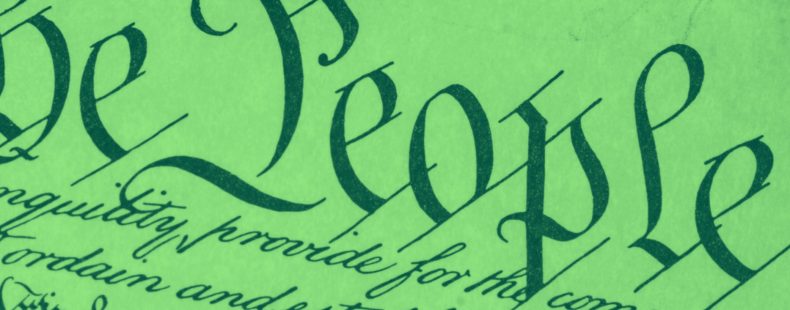On September 17th, citizens of the United States celebrate the day the Constitution of the United States was signed in 1787, ending the Constitutional Convention. This day is also known as Citizenship Day, which honors all those on the path to becoming US citizens.
The Constitution of the United States established a new government for a fledgling nation. Its principles formed the government as we now know it, from defining the three branches of government (legislative, executive, and judicial) to determining the relationship between the states and federal government.
Many of us know (by heart) the powerful first three words of the Constitution: “We the people.” But, there are many other words that are crucial to understanding it.
So, we thought we would define some of the key words of a foundational document that in so many ways … defines America. Although not all our vocabulary words appear in the actual text of the Constitution, they help explain how and why it guides our government.






















